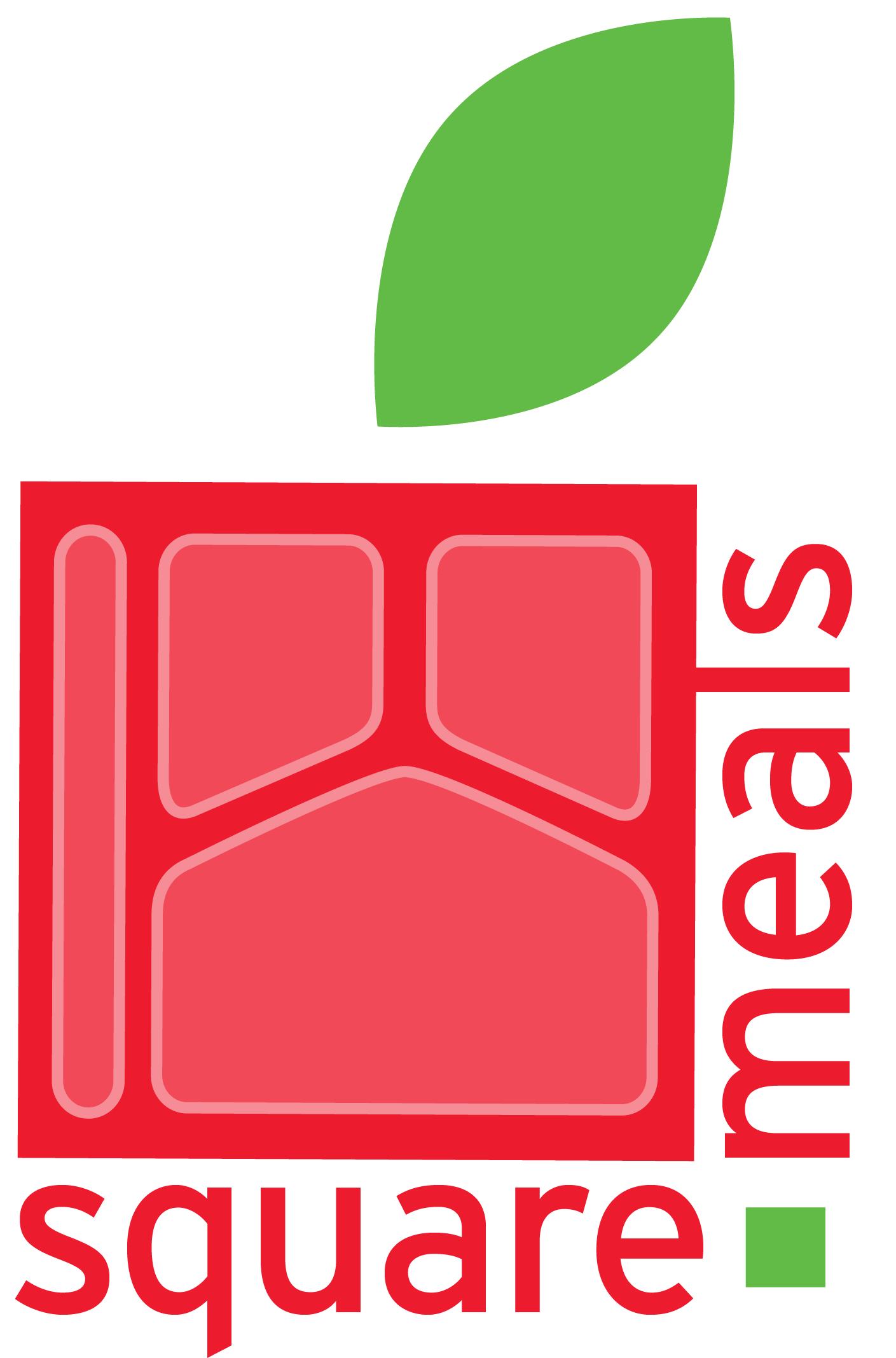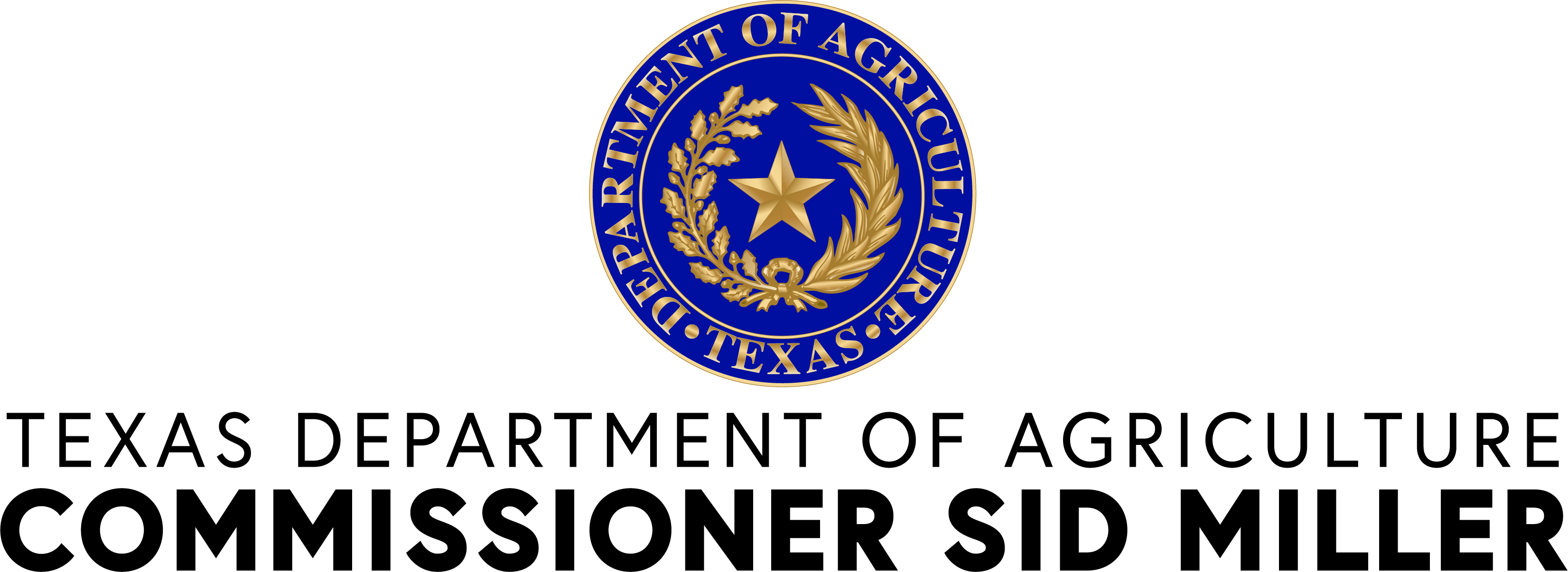| To see News by Program, select from an option below:
|
|
|
|
|
|
|
|
|
|
Latest News for School Nutrition Programs
|
|
Published: 2 years 159 days ago
" TDA has received several waivers and additional guidance about the options schools have to serve meals should an unexpected event close a school. If an unanticipated school closure occurs, schools will have the option of serving non-congregate summer meals (SSO or SFSP) if the closure occurs during October through April, non-congregate CACFP At-risk meals at any time in the school year, or non-congregate NSLP/SBP at any time of the school year if virtual instruction is occurring.
"
TDA has received several waivers and additional guidance about the options schools have to serve meals should an unexpected event close a school. If an unanticipated school closure occurs, schools will have the option of serving non-congregate summer meals (SSO or SFSP) if the closure occurs during October through April, non-congregate CACFP At-risk meals at any time in the school year, or non-congregate NSLP/SBP at any time of the school year if virtual instruction is occurring.
The school district must notify TDA via the appropriate Unanticipated School Closure notification form about the type of meal service they plan to operate during the unanticipated school closure (USC). TDA is currently creating new USC notification forms based on recent flexibilities granted by TDA. These forms will be posted to the NSLP Administration/Forms table and the School Year 2023-2024 FAQs once they are released.
Requirements for service during a USC include:
If operating SSO (preferred) or SFSP between the months of October and April, CEs must adhere to the following guidelines:
- Ensure that a site application is open for the applicable program and that it reflects the dates and times of service. Because SFSP applications cannot be back-dated, any CE choosing SFSP must wait to serve reimbursable meals until the application is approved. SSO is the preferred program because CEs can submit an SSO site application with a prior date of service, allowing for emergency service to be implemented immediately.
- All area eligibility requirements are in effect for SY 2023-2024. A site serving summer meals during a USC must be at or in the attendance zone of an eligible school.
- Non-congregate service, parent pick-up, and meal service time flexibilities are available this school year during a USC via USDA-approved waiver. CEs must provide information about these flexibilities within the USC Notification to Serve Summer Meals Form, which will be posted on the NSLP Administration/Forms page once it is released.
- CEs are also allowed to serve meals from the closed school site, if available.
- USDA is only allowing the use of USC flexibilities for a maximum of 10 days unless an approved extension is granted. TDA will communicate these extensions to any CE experiencing a USC longer than 10 days.
- Meals served must only be claimed for days that school would have normally been in session.
Schools operating CACFP At-Risk at any point during the school year in which a USC occurs must adhere to the following guidelines:
- The school may offer one meal and one snack per day.
- During SY 2023-2024, At-risk enrichment activity requirements are waived during a USC, and non-congregate service, parent pickup, and meal service time flexibilities are available. CEs must provide information about these flexibilities within the USC Notification to Serve CACFP At-Risk Form (form coming soon).
- These sites can be located at the school, and service can occur on the weekend if these times are approved in the site application.
- USDA is only allowing use of USC flexibilities for a maximum of 10 days unless an approved extension is granted. TDA will communicate these extensions to any CE experiencing a USC longer than 10 days.
- Sites must adhere to all other At-risk requirements.
Schools that are able to provide virtual instruction during a USC can operate non-congregate NSLP service.
- If schools are able to continue instruction virtually and have the infrastructure to properly count and claim meals while operating a non-congregate service, this is an available option for up to 10 days without an approved extension. CEs must notify TDA of this service within the USC Notification to Serve NSLP/SBP form (form coming soon).
###
|
|
|
|
|
|
|
|
|
|
|
Assistance available in English and Spanish. Please call 877-TEX-MEAL (877-839-6325) for help. Additional translations services available as well.
|
|
In accordance with federal civil rights law and U.S. Department of Agriculture (USDA) civil rights regulations and policies, this institution is prohibited from discriminating on the basis of race, color, national origin, sex, disability, age, or reprisal or retaliation for prior civil rights activity.
Program information may be made available in languages other than English. Persons with disabilities who require alternative means of communication to obtain program information (e.g., Braille, large print, audiotape, American Sign Language), should contact the responsible state or local agency that administers the program or USDA’s TARGET Center at (202) 720-2600 (voice and TTY) or contact USDA through the Federal Relay Service at (800) 877-8339.
To file a program discrimination complaint, a Complainant should complete a Form AD-3027, USDA Program Discrimination Complaint Form which can be obtained online at: https://www.usda.gov/sites/default/files/documents/ad-3027.pdf, from any USDA office, by calling (866) 632-9992, or by writing a letter addressed to USDA. The letter must contain the complainant’s name, address, telephone number, and a written description of the alleged discriminatory action in sufficient detail to inform the Assistant Secretary for Civil Rights (ASCR) about the nature and date of an alleged civil rights violation. The completed AD-3027 form or letter must be submitted to USDA by:
|
|
1. Mail:
U.S. Department of Agriculture
Office of the Assistant Secretary for Civil Rights
1400 Independence Avenue, SW
Washington, D.C. 20250-9410; or
2. Fax: (833) 256-1665 or (202) 690-7442; or
|
|
| This institution is an equal opportunity provider. |
 |

|
|
|